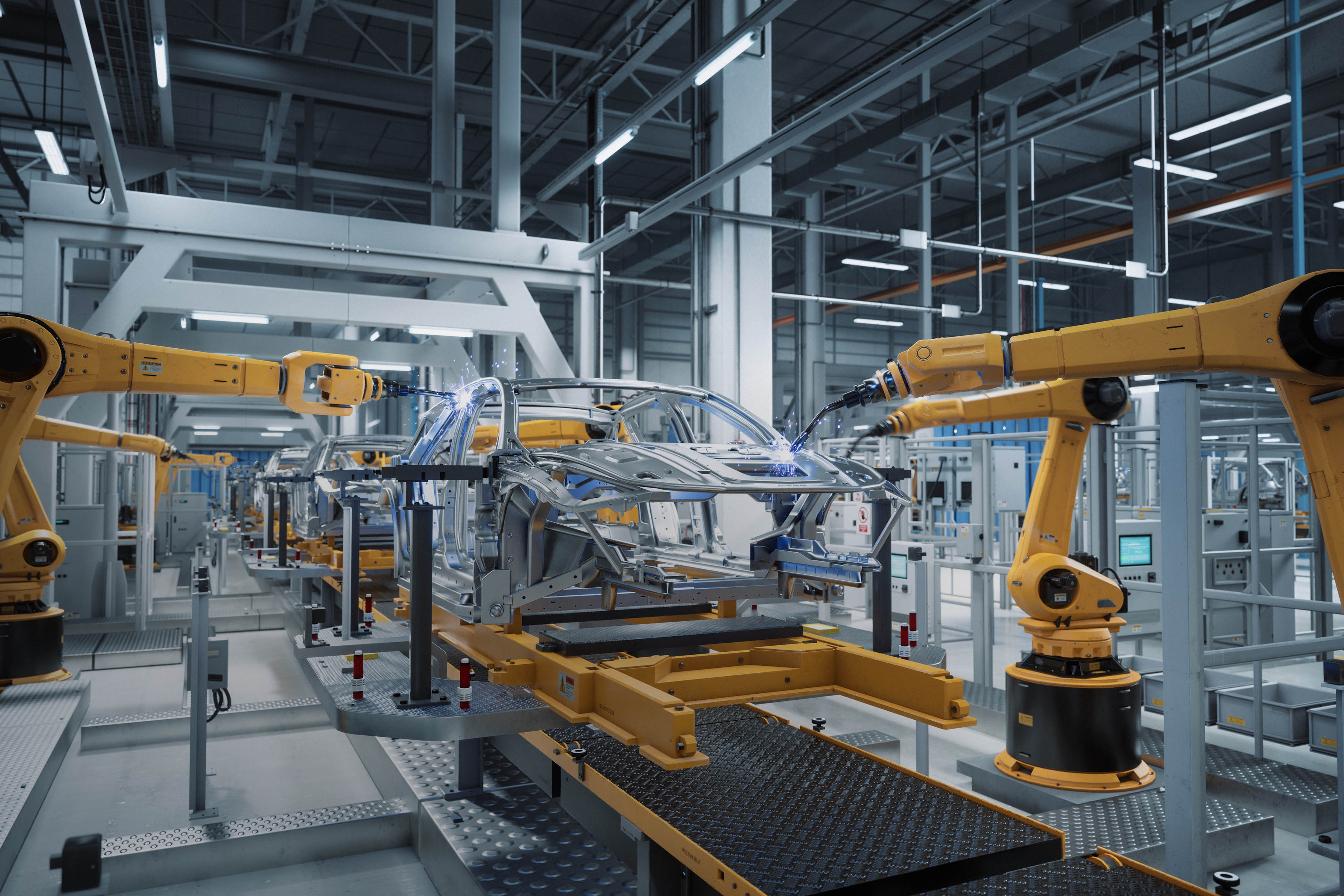I saw a very cool video of some Chinese (Korean) startup where cars were sitting on these racks, and a charged battery was swapped out underneath. So, fully charged in less time than a gas fill up.
I love this model. There is/was a Chinese company (NIO) that was pushing this big time. You pull into a garage, and in like 2 minutes, a fully charged battery pack is swapped by some robot. You go on your way. I think that is a great model and wish it gained more traction
This is one of the things I expect. I mean some paradigm shifting thing that we aren't currently thinking of will make it a lot more feasible to migrate to these sooner than later.
It's like the move to the new gas cans. The first ones sucked, but now they've engineered them in a way that they are way better than the old ones.
Same with low flow shower heads, 1.8 gal toilets, LED lights, etc. etc.
Technology will find a way to fix most of the problems people are currently worried about.




 Thank you.
Thank you.